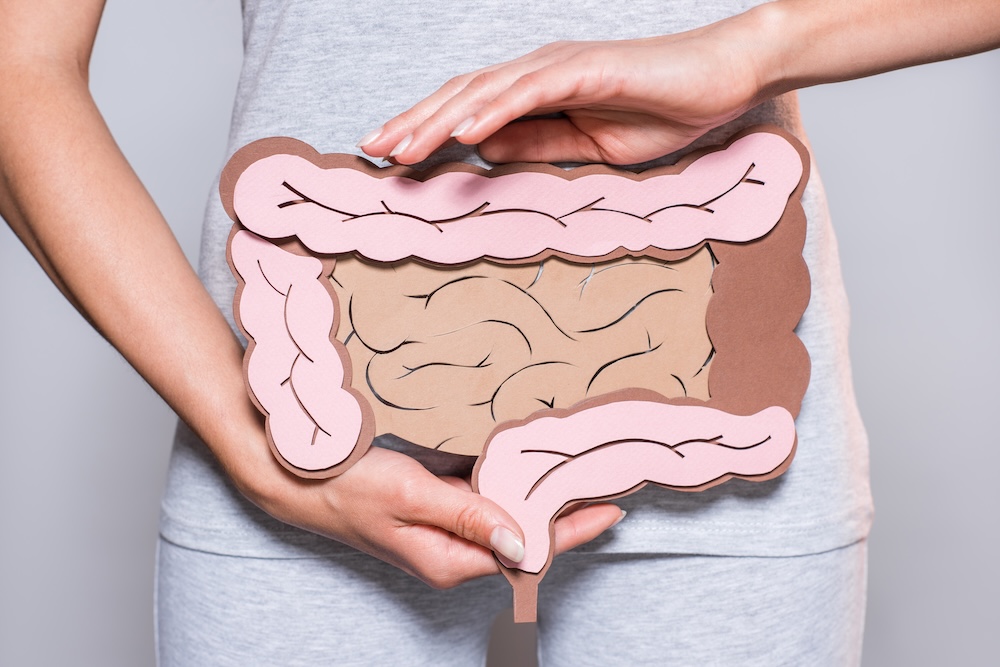Your gut is home to trillions of bacteria, fungi, and other microorganisms collectively known as the gut microbiome. These microscopic allies do more than help digest food — they influence immune health, regulate inflammation, and even determine how efficiently your body absorbs vitamins and minerals.
But there’s another layer to the story: pollution and environmental toxins can disrupt your microbiome, making it harder for your body to get the nutrients it needs. Understanding this connection helps us see why personal health and planetary health are inseparable.
The Gut Microbiome and Nutrient Absorption
The gut microbiome is a living ecosystem that works alongside your body to break down food, synthesize certain vitamins, and transport nutrients across the intestinal lining. For example:
- Certain bacterial strains help synthesize vitamin K and B vitamins.
- The microbiome influences how effectively the body absorbs vitamin D, calcium, magnesium, and iron.
- Research suggests imbalances in gut bacteria may reduce nutrient absorption by as much as 30%.
When the microbiome is balanced, your body absorbs more nutrients efficiently. But when it’s disrupted, even the healthiest diet may not deliver its full benefits.
How Pollution Impacts the Microbiome
Environmental pollutants are emerging as hidden disruptors of gut health. Studies show that exposure to airborne particles, pesticides, microplastics, and heavy metals can shift the composition of gut bacteria — sometimes wiping out beneficial strains while allowing harmful ones to flourish.
- Air pollution: Tiny particulate matter can trigger gut inflammation when inhaled and ingested, reducing nutrient absorption.
- Microplastics: Increasingly found in water and food, they can damage gut lining and alter microbial diversity.
- Pesticides: Residues in non-organic foods may disrupt microbial balance and interfere with vitamin metabolism.
- Heavy metals (like lead and mercury): These accumulate in the body and harm both gut bacteria and nutrient absorption pathways.
This means that pollution not only harms ecosystems but also ripples into personal health — limiting our ability to extract nutrition from the very food meant to nourish us.
Probiotics and Gut Health
One proven strategy to support microbiome resilience is through probiotics — beneficial bacteria that help restore balance.
- Foods: Yogurt, kefir, sauerkraut, kimchi, kombucha.
- Supplements: Can target specific bacterial strains linked to better vitamin absorption and reduced inflammation.
Research shows probiotics may help counteract some of the microbiome disruptions linked to pollution by strengthening gut barrier function and enhancing nutrient metabolism.
Other Strategies to Improve Gut Health and Nutrient Absorption
- Eat fiber-rich foods: Fruits, vegetables, legumes, and whole grains feed beneficial gut bacteria.
- Incorporate fermented foods: They introduce live cultures and support microbial diversity.
- Reduce exposure to pollutants where possible: Choose organic or low-spray produce, filter drinking water, avoid microwaving food in plastic.
- Manage stress: Chronic stress alters gut bacteria and reduces nutrient absorption. Practices like meditation, breathwork, or nature walks help rebalance.
- Prioritize sleep: Poor sleep disrupts microbial rhythms and weakens the gut-immune connection.
- Use antibiotics mindfully: Necessary at times, but overuse strips beneficial bacteria, impacting nutrient absorption.
Ripple Effect: Why This Matters Beyond Personal Health
Every choice we make — from supporting organic farming to reducing single-use plastics — has a dual benefit: it supports environmental sustainability while also protecting the microbiomes inside our bodies. Pollution doesn’t just linger in oceans or skies; it finds its way into us. By reducing toxins in the environment, we also create the conditions for healthier guts, stronger immunity, and better nutrient absorption.
Final Thoughts
Your microbiome is a living bridge between you and your environment. It determines how well your body absorbs vitamins, regulates inflammation, and supports long-term wellness. But it is also sensitive — disrupted not only by diet and lifestyle but by the pollutants saturating modern life.
By choosing probiotics, eating fiber-rich foods, managing stress, and reducing exposure to environmental toxins, you strengthen your microbiome and your nutrient absorption. At the same time, supporting sustainable practices — like reducing pollution and waste — protects both the Earth’s ecosystems and the delicate ecosystems within us.
A healthy gut equals a healthier body. A healthier planet equals healthier guts. The two are inseparable, reminding us that small, conscious choices ripple outward — healing us and the world we live in.








